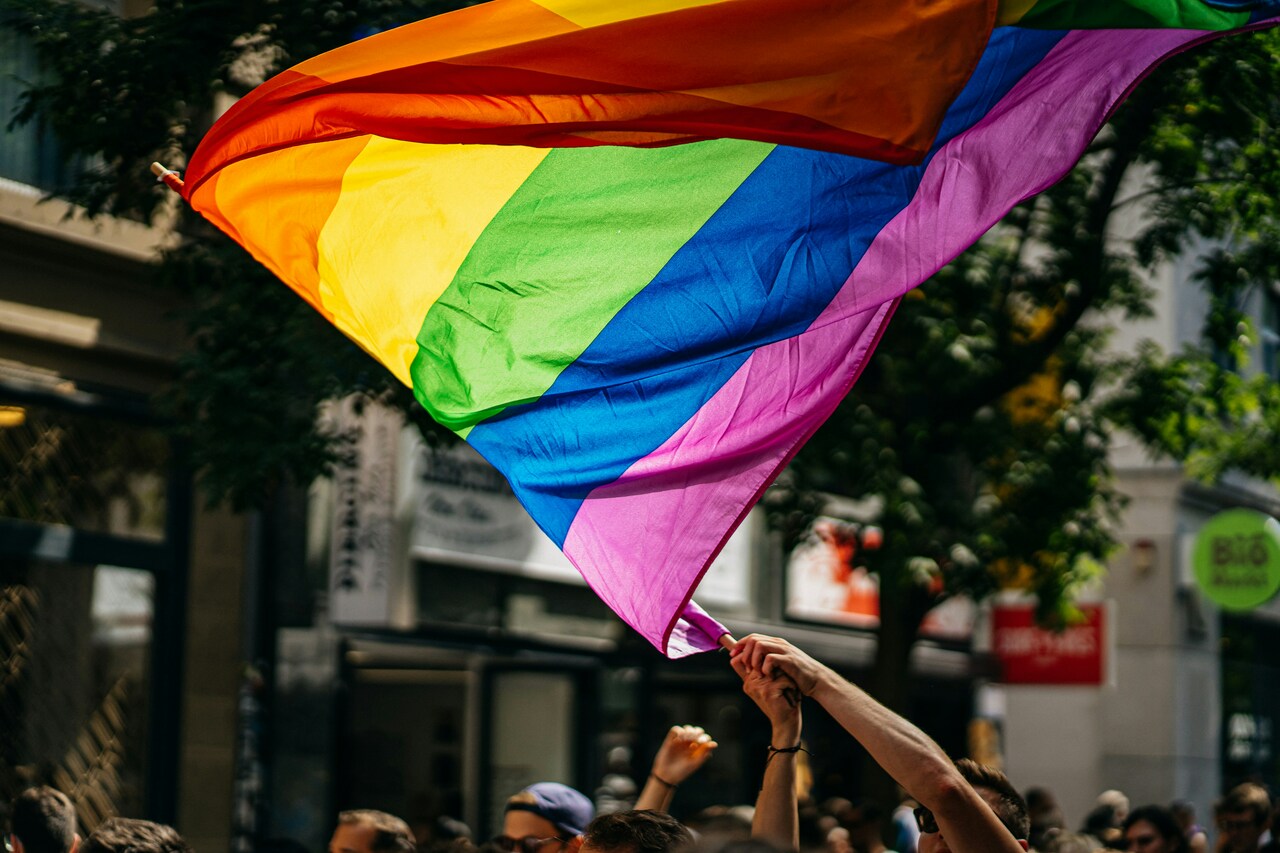Project Outline: Participatory Grantmaking in LGBTQ+ Rights Organizations in Southern Africa

Participatory Grantmaking in LGBTQ+ Rights Organizations in Southern Africa
Supervised by Dr. Timothy Wyman-McCarthy, Institute for the Study of Human Rights, Columbia University
Introduction
Philanthropic foundations across the world are increasingly turning to participatory philanthropy as a tool for restoring their legitimacy in the eyes of the public, and of the government. Participatory philanthropy is a philosophy that sees invites philanthropic foundations to shift power over grantmaking and programming to the communities that are most affected by their work. The shift to participatory philanthropy is motivated by the emergence of campaigns that call for the decolonization of and shifting of power within the broader ecology of philanthropy. Philanthropic foundations draw on the inclusive and democratic foundations of participatory philanthropy as a movement to contend that their work is a product of its environment. They argue that when a community is given power over the grantmaking process, the resulting outputs are not only more specific to the community but are also viewed as more legitimate given that they are an expression of the community’s will.
My research explores the use by LGBTQ+ rights organizations working in Southern Africa of participatory philanthropy, exemplified by the practice of participatory grantmaking. These organizations face challenges not faced by other NGOs in the region because they work on an issue that remains deeply contentious and, in some cases, taboo in the region. Many African countries still have anti-LGBTQ+ laws in place that criminalize even the mere act of identifying as homosexual, and many other countries still being home to high levels of discrimination and stigma towards queer people. LGBTQ+ identifying individuals, as well as LGBTQ+ rights allies, advocates, and organizers are frequently silenced, ridiculed, stigmatized, and demonized as "un-African." The ultimate result of this is the delegitimization of these organizations, and of the cause they advocate for. This summer, I hope to explore the reasons behind the shift to participatory philanthropy as a grantmaking philosophy, and to proposes the potential value of a similar shift by other philanthropic foundations advocating for similarly controversial issues in equally repressive environments both in Africa and across the world.
Methods
My research will be in two parts: First, I will conduct a literature review that aims to follow the history of state and civil society organization relations in Africa. A key part of this will be exploring the history of legislation regarding civil society organizations in the region. I also hope to conduct a literature review on LGBTQ+ rights and LGBTQ+ work in the region. Secondly, I will conduct interviews with representatives from philanthropic foundations that employ practices grounded in participatory philanthropy. Interviews will be transcribed and analysed for commonalities amongst organizational representatives.
Significance
Civil society organizations historically have played an instrumental role as defenders of human rights and providers of welfare services. This role is increasingly threatened as part of a global "shrinking civil society space." Where governments are unable to exercise appropriate concern for the lives and welfare of citizens, particularly of minoritized groups, CSOs are important in filling this gap. When their role is threatened, research has shown that rates of human rights abuses are known to increase. It is increasingly important for CSOs to find ways to circumvent restrictions on their work and attacks on its significance, and I hope my research will contribute to helping identify such tools and methods.
Please sign in
If you are a registered user on Laidlaw Scholars Network, please sign in
This project sounds fascinating! I can't wait to hear more.